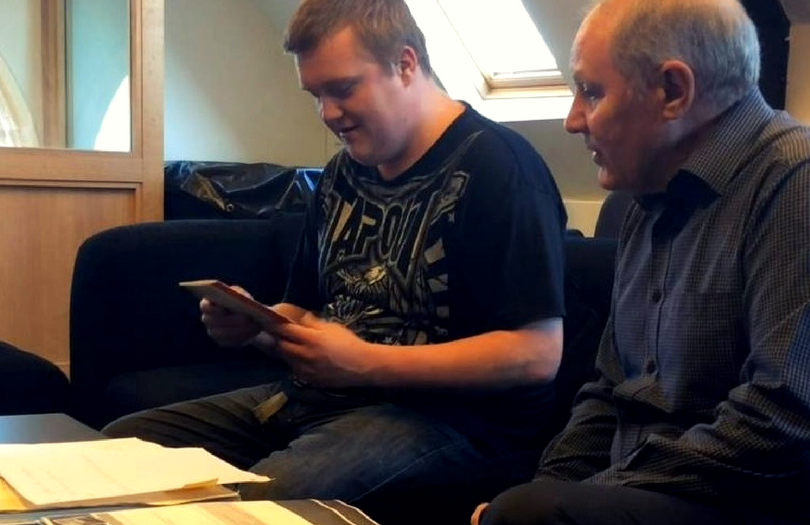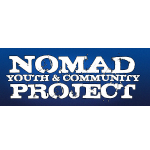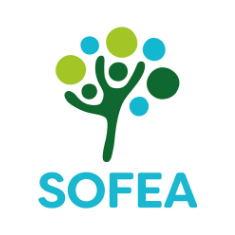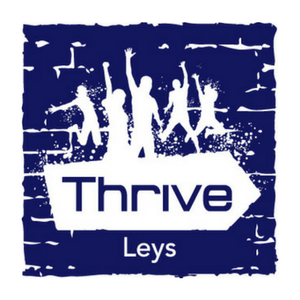During the start of lockdown, the Food Bank, which has always been a part of NOMAD’s service, has become a key element in the local community as they sought to support individuals and families who were finding themselves in challenging situations financially, through physical restrictions and certainly through mental and emotional factors. While delivering food parcels, the NOMAD staff took the opportunity to ask families how they were and if they needed anything. With many families known to them already, they can also get a sense of how things are going. They worked in close collaboration with the Henley COVID-19 Support Group, who had organised for most of the streets in Henley to have a volunteer coordinator to check up on vulnerable people. As well as the food bank services staff are keeping in regular contact with clients via texts, whatsapp and other social media platforms. Their feedback shows this is much appreciated.
The grant from OCF supported core costs in the initial stages of lockdown as they looked to develop more creative ways of engaging with the young people and parents. COVID-19 is adding to the stress and anxiety within many homes. NOMAD looked to provide the maximum support within the many restrictions. They have seen an increase in people wanting to help and support others in practical ways as well as with financial donations. As a well-respected organisation, NOMAD is a role model for the whole community.
Based in Henley-on-Thames, Nomad’s project staff are often questioned about the need for their work in such an affluent town. In fact, the comparative wealth of the area can easily mask or worsen the needs, leaving many people feeling isolated and unheard. Many children in the area struggle with chaotic family lives – in some cases, children are not given access to harmful substances by their peers, but by their parents. This leads to inconsistent attendance at school, loss of motivation and ultimately poor literacy, which in turn increases their risk of remaining outside education, employment or training later in life.
Nomad’s work addresses all of the often complex aspects of social and economic disadvantage, looking at the reasons for someone being marginalised as well as the effects. Using a sensitive, personal style of working, they have had tremendous success in engaging young people and adults who have been hard to reach before using their tailored education programmes.
OCF’s support has enabled Nomad to develop their Restart Programme, an initiative tutoring young people to gain qualifications. One student, a single mother of four, has since become permanently employed for the first time ever. She says: “Studying for my English GCSE has been rewarding for me personally, having been a failure at school. It has given me confidence and has opened doors for me. The college have now offered me a place on a business apprenticeship scheme, which I can do alongside my job. I am excited about the future!”.
We know that pockets of severe disadvantage can exist even in the wealthiest areas of Oxfordshire. Our bespoke grant-making system helps us to factor in information for our grant assessments from the government’s indices of multiple deprivation, which allows us to drill down to the most fine-grained level of detail available about small neighbourhoods within an area. Nonetheless, groups like Nomad teach us to listen carefully to the expertise of the staff and volunteers within charities at the forefront of the work, who really are the best experts on local needs.
NOMAD Youth & Community Project COVID-19 Response














